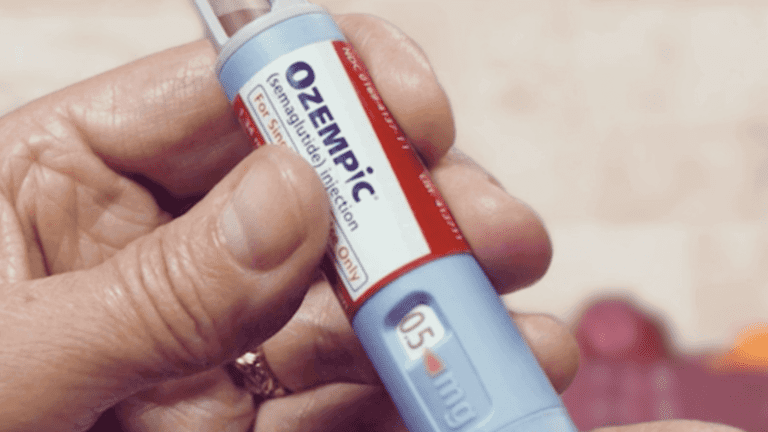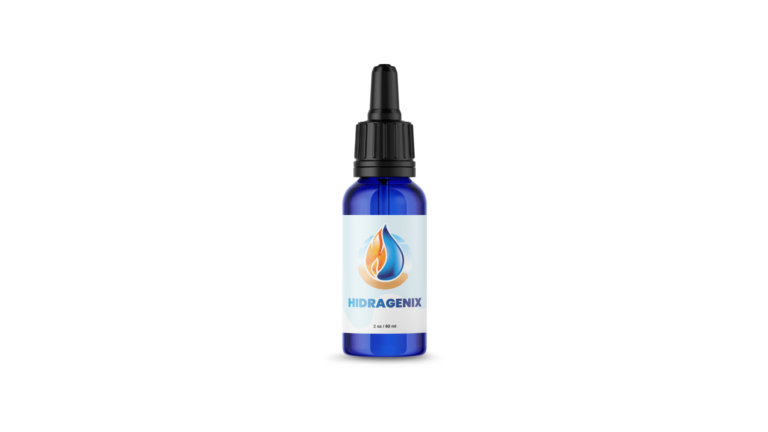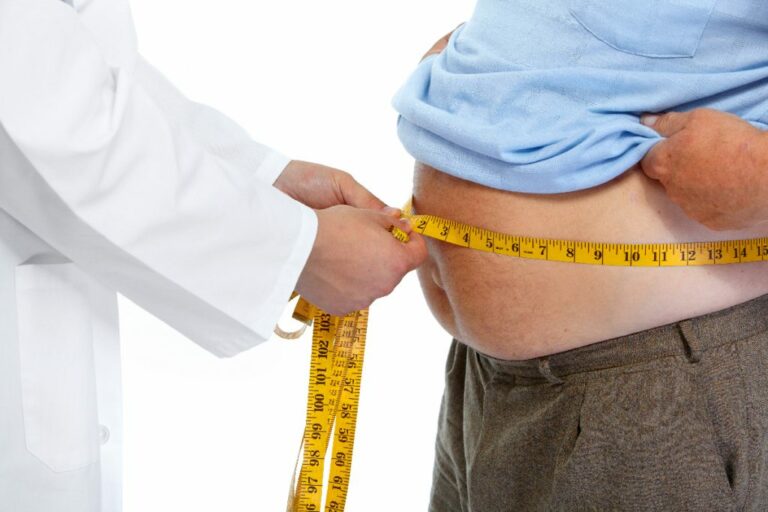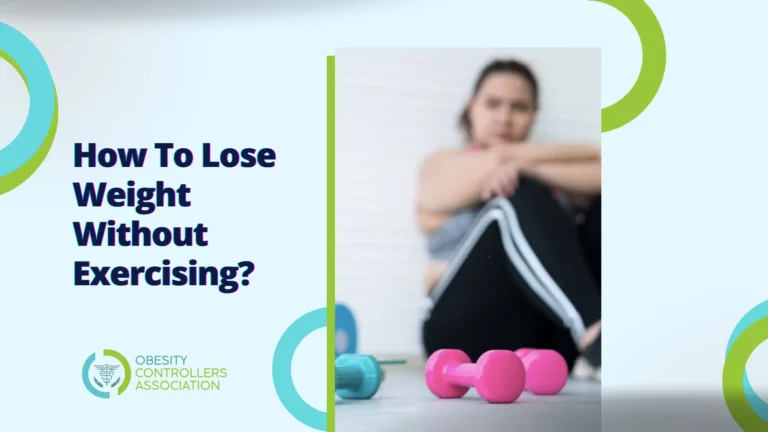PCOS Weight Loss- Knowing About PCOD In Detail!

PCOS, or Polycystic Ovarian Syndrome, is a disorder that affects women of childbearing age. It can cause infertility, weight gain, and other health problems. If you are a woman who suffers from PCOS, it is important to learn all you can about the condition and how to manage it. Here, we will discuss the symptoms and causes of PCOS and treatment options. We hope that this information will help you better understand your condition and make informed decisions about your health care.
Polycystic Ovary Syndrome PCOS And Weight Gain
Polycystic ovary syndrome (PCOS) is a complex endocrine disorder that is the most common cause of female infertility. It is characterized by menstrual irregularities, signs of androgen excess (such as acne, hirsutism, and male-pattern baldness), and polycystic ovaries on ultrasound. Up to 70% of women with PCOS are obese.
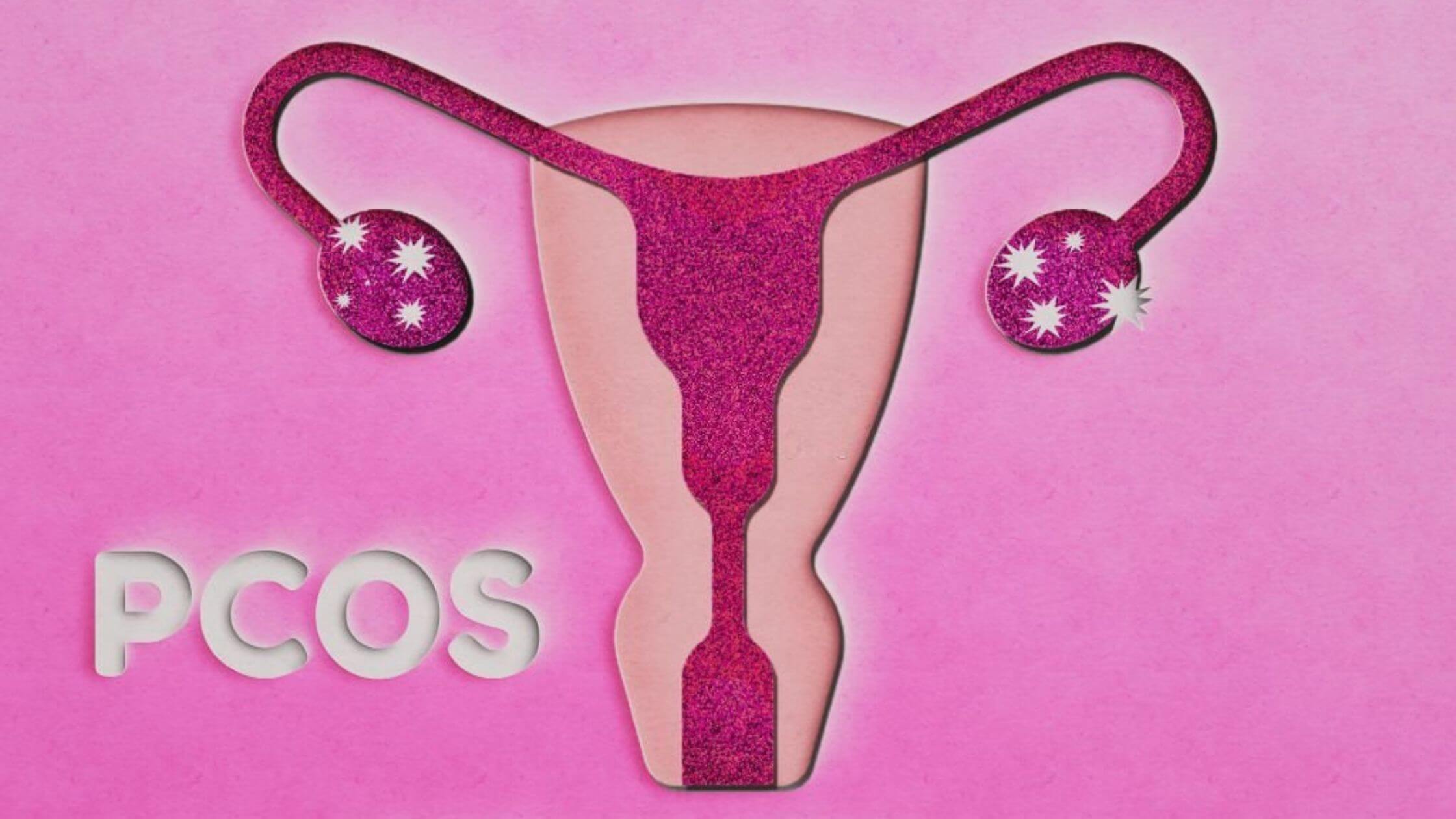
The exact cause of PCOS is unknown, but it appears to be related to insulin resistance and increased levels of male hormones. Treatment focuses on managing the symptoms of PCOS with medications and lifestyle changes. The treatment also includes ovulation induction therapies for women who want to conceive.
👉Symptoms Of PCOS
There are a variety of symptoms associated with PCOS, and they can vary from person to person. Some common symptoms include irregular periods, excess hair growth, weight gain, acne, and fertility issues. If you’re experiencing any of these symptoms, it’s important to see your doctor for a diagnosis. PCOS is a treatable condition, so don’t hesitate to get the help you need.
👉Causes Of PCOS
PCOS can have many different causes, but one of the most common is an imbalance in the female sex hormones. One of the main jobs of sex hormones is controlling how our cells use sugar (glucose). When there’s too much sugar in our blood, it can cause problems with our hormone balance. This, in turn, can lead to PCOS.
Other possible causes of PCOS include:
- Excess androgen production (male sex hormones).
- Problems with ovulation.
- High levels of chronic inflammation.
- Genetic factors.
👉How To Treat PCOS
PCOS is a hormonal disorder that can cause problems with a woman’s menstrual cycle, fertility, and appearance. There is no one “cure” for PCOS, but there are treatments available that can help control the symptoms.
Some common treatments for PCOS include:
- losing weight if you are overweight or obese;
- taking medication to regulate your blood sugar levels if you have diabetes;
- taking hormone therapy to regulate your hormones;
- using birth control pills to help regulate your menstrual cycle;
- surgery to remove excess hair growth or cysts on the ovaries.
👉Tips For Losing Weight With PCOS
If you are a woman suffering from PCOS, weight loss can be difficult and frustrating. However, there are some things you can do to increase your chances of success. Here are ten tips for losing weight with PCOS:
Get regular exercise: Exercise can help to regulate your hormones and boost your metabolism.
Eat a healthy diet: A diet high in whole grains, fruits, and vegetables can help to regulate your insulin levels.
Limit your intake of refined carbohydrates: Refined carbs can cause spikes in blood sugar levels, worsening PCOS symptoms.
Increase your fiber intake: Fiber helps to regulate blood sugar levels and can also promote weight loss.
Get enough sleep: Sleep deprivation can contribute to weight gain and other health problems.
Manage stress levels: Stress can worsen PCOS symptoms and make it harder to lose weight.
Avoid crash diets or fad diets: These diets are often ineffective and could make it harder to lose weight in the long run.
Talk to your doctor about medications: Some women with PCOS may benefit from taking birth control pills or other medications.
Consider supplements: Supplements such as chromium and omega-three fatty acids have been shown to help some women with PCOS.
Don’t give up: Weight loss with PCOS can be difficult, but it is not impossible. Remember to focus on your health and well-being and talk to your doctor if you have trouble losing weight or managing your symptoms.
These are just a few tips to help you lose weight with PCOS. For more information, please consult your doctor or a registered dietitian. With the right treatment plan, you can overcome PCOS challenges and live a happy and healthy life!
👉Foods To Eat If You Have PCOS
If you have PCOS, it is important to eat a nutritious diet that helps to regulate your hormones and insulin levels. Some specific foods that can be helpful include:
- Oily fish like salmon or mackerel are high in omega-3 fatty acids and can help reduce inflammation.
- Lean protein sources like chicken or tofu can help regulate blood sugar levels.
- High-fiber foods like vegetables, beans, and whole grains, can help control insulin levels.
- Antioxidant-rich fruits like berries and cherries can help protect against cell damage.
👉Foods To Avoid If You Have PCOS
Foods to avoid if you have PCOS include:
- Sugar-laden foods and drinks such as candy, soda, cake, cookies, etc.
- Processed foods such as chips, frozen dinners, etc.
- Fast food.
- Heavy cream sauces or other high-fat dairy products
- Refined grains such as white bread or pasta.
